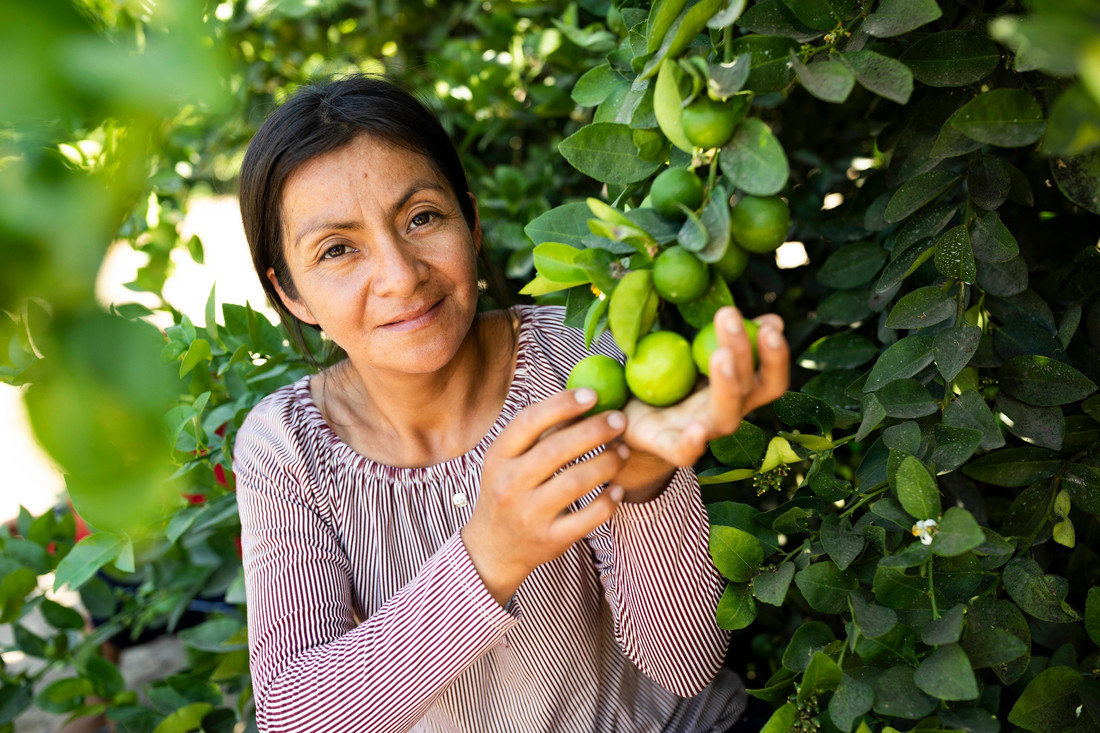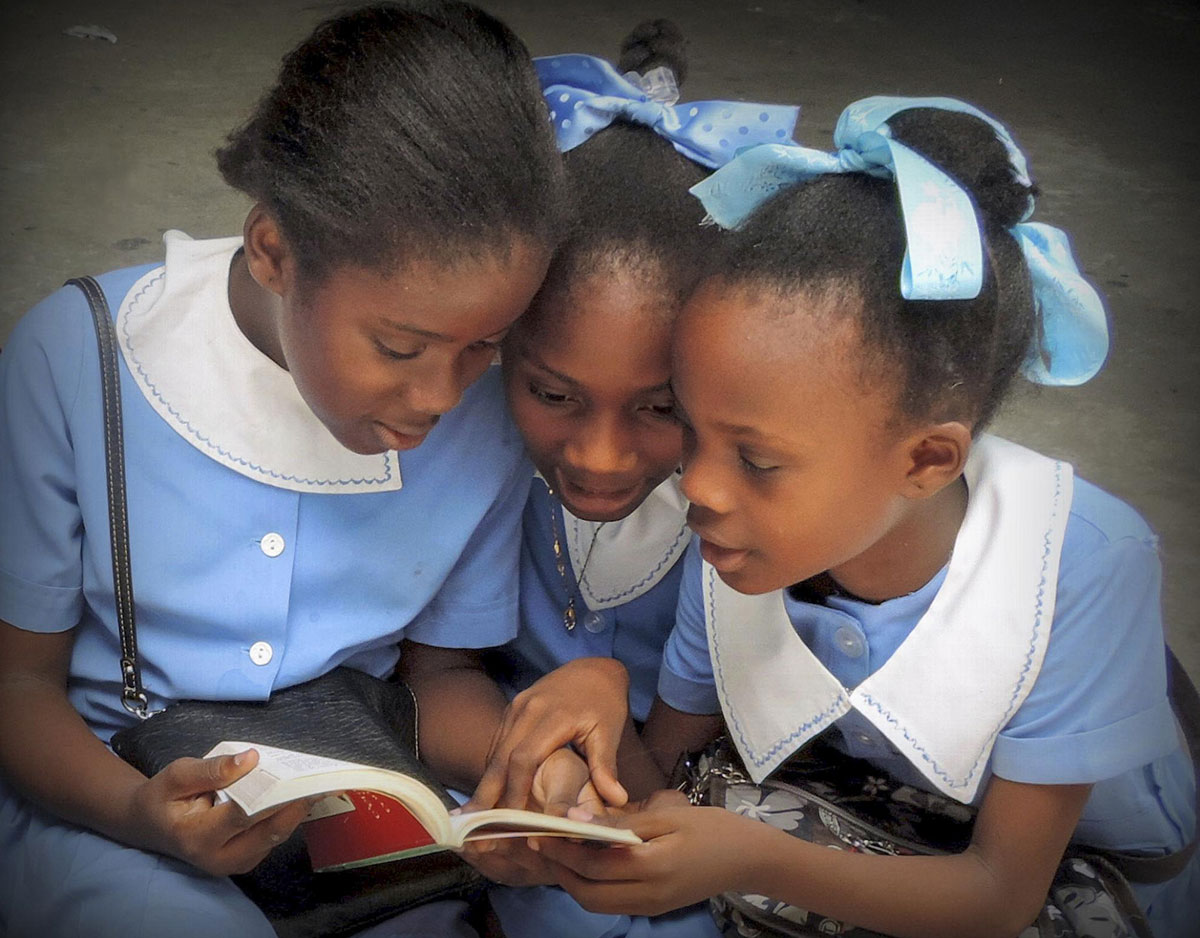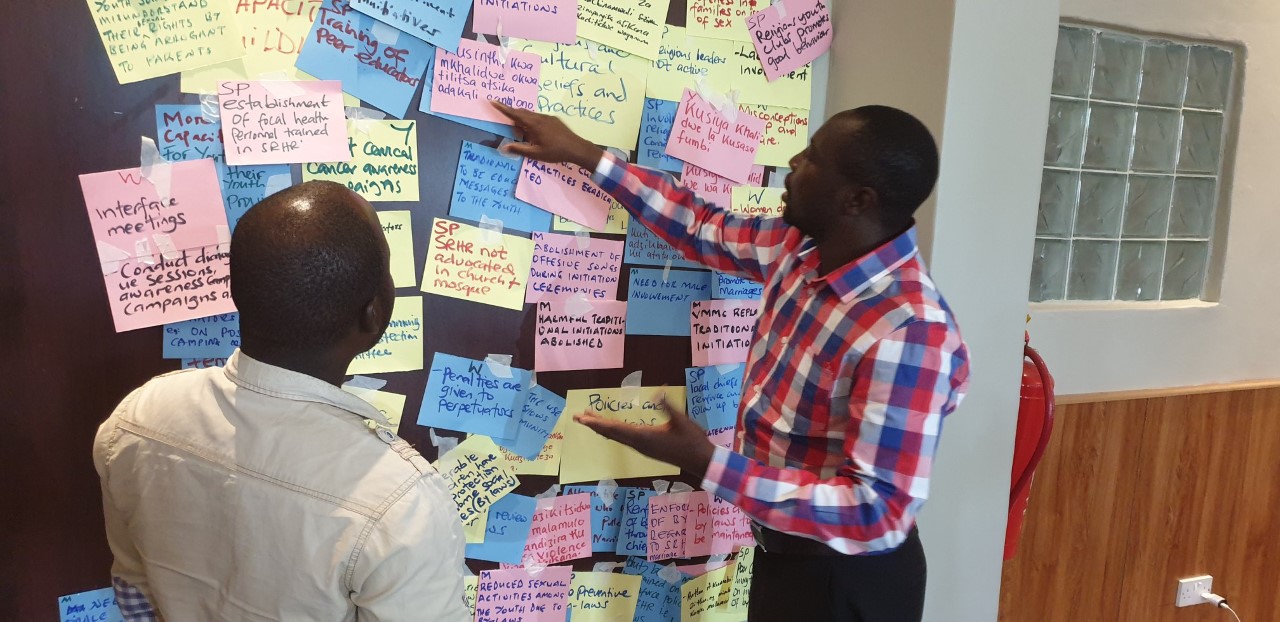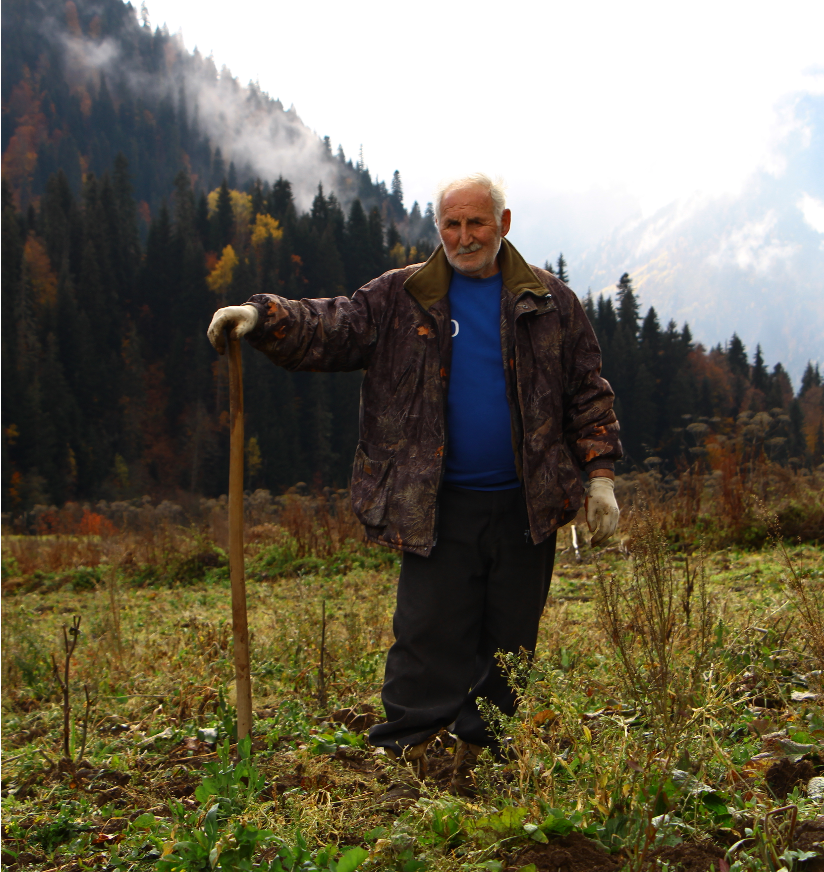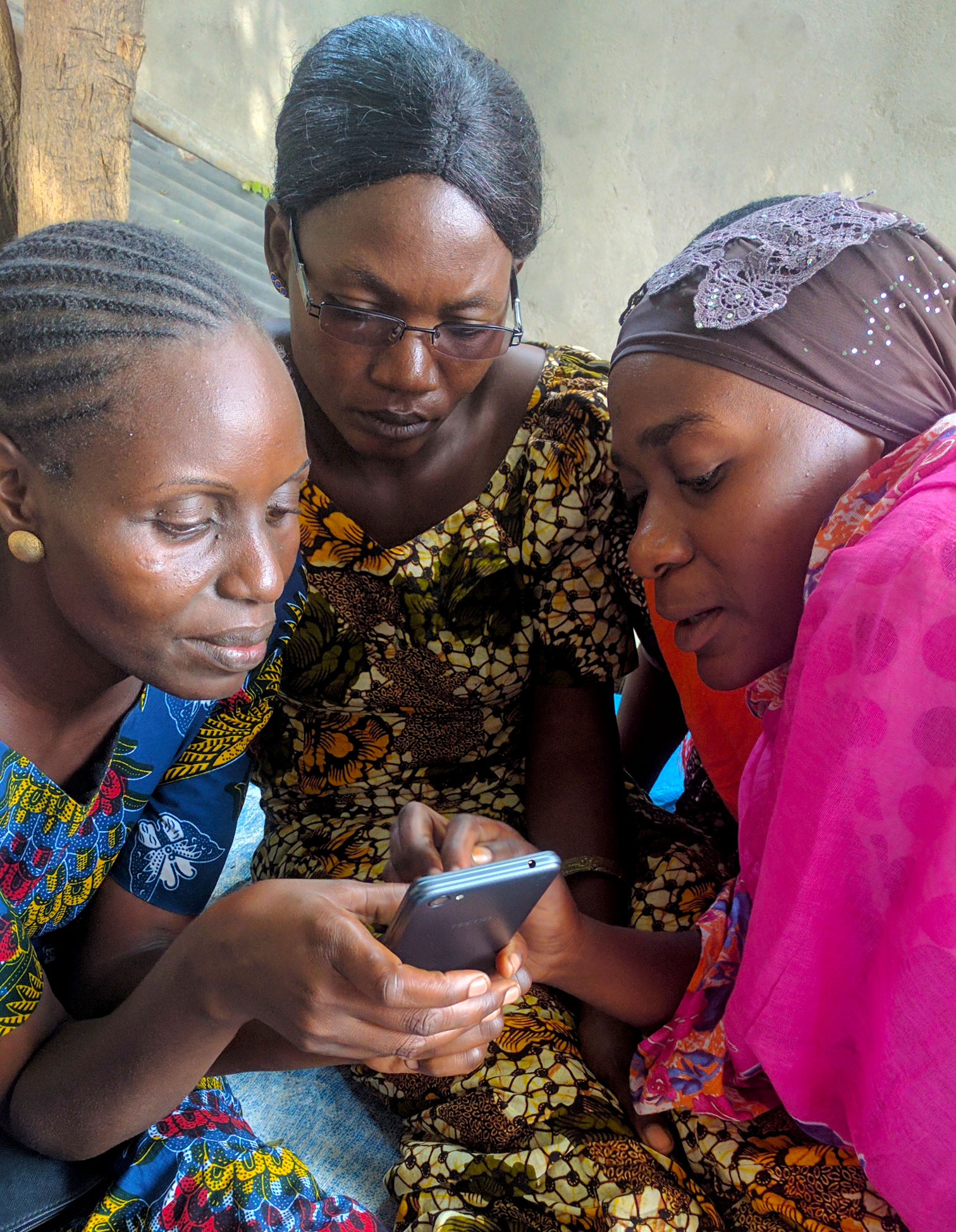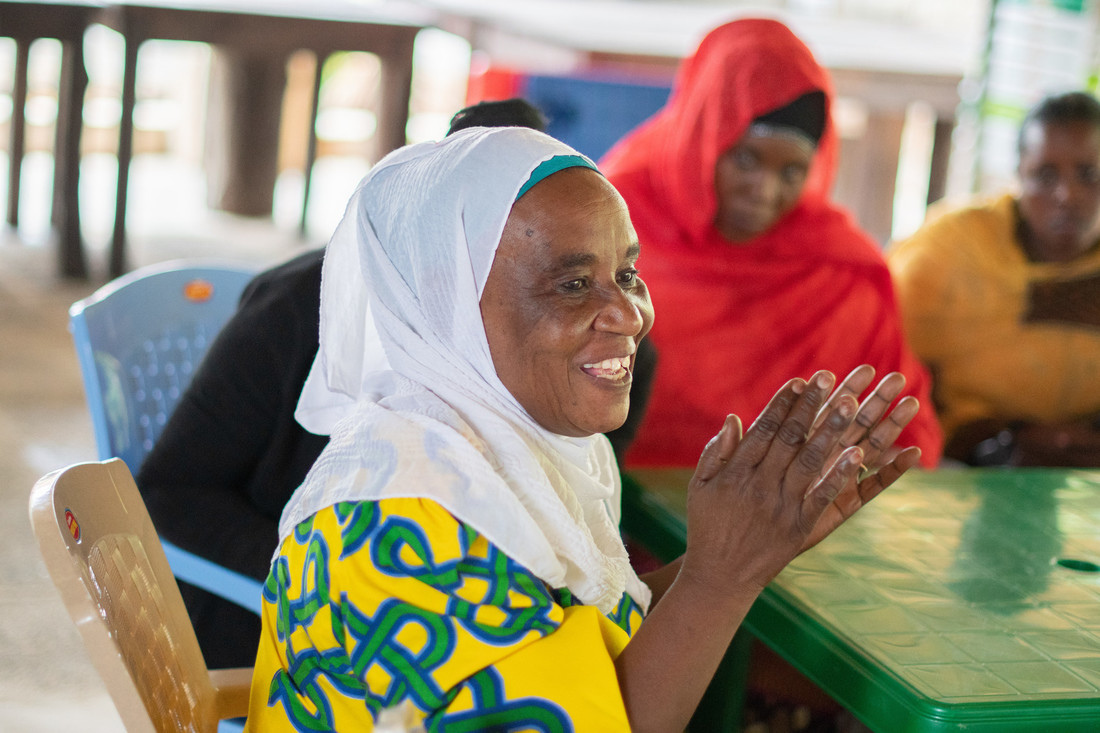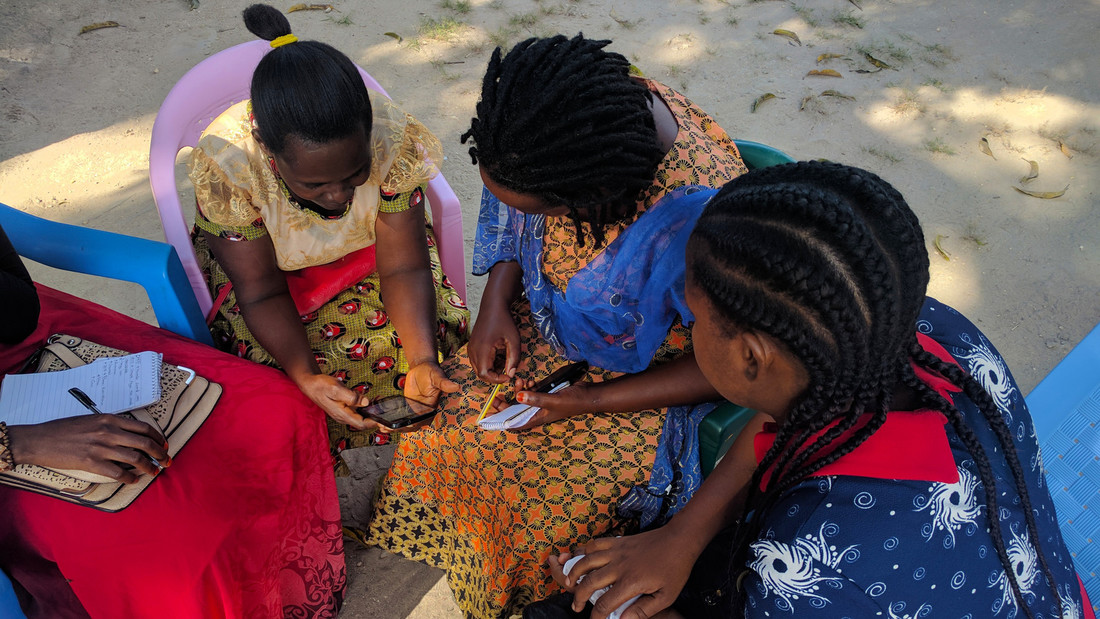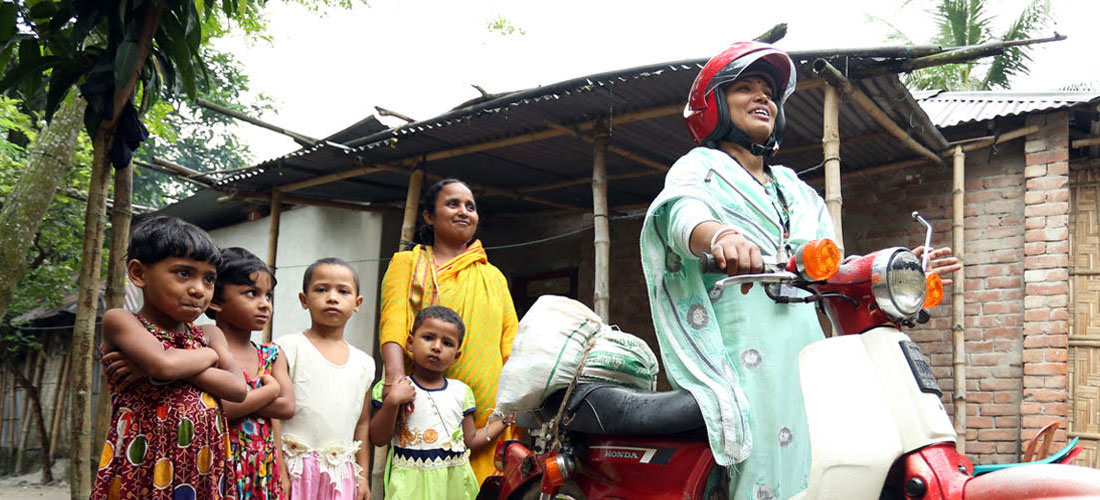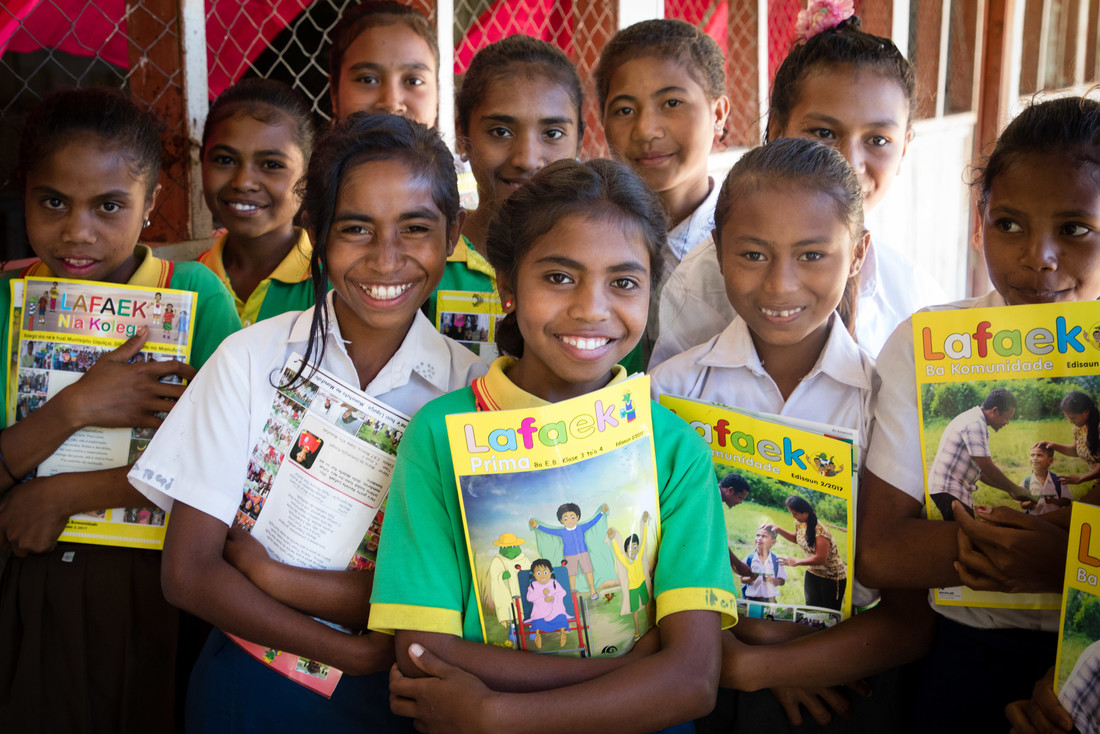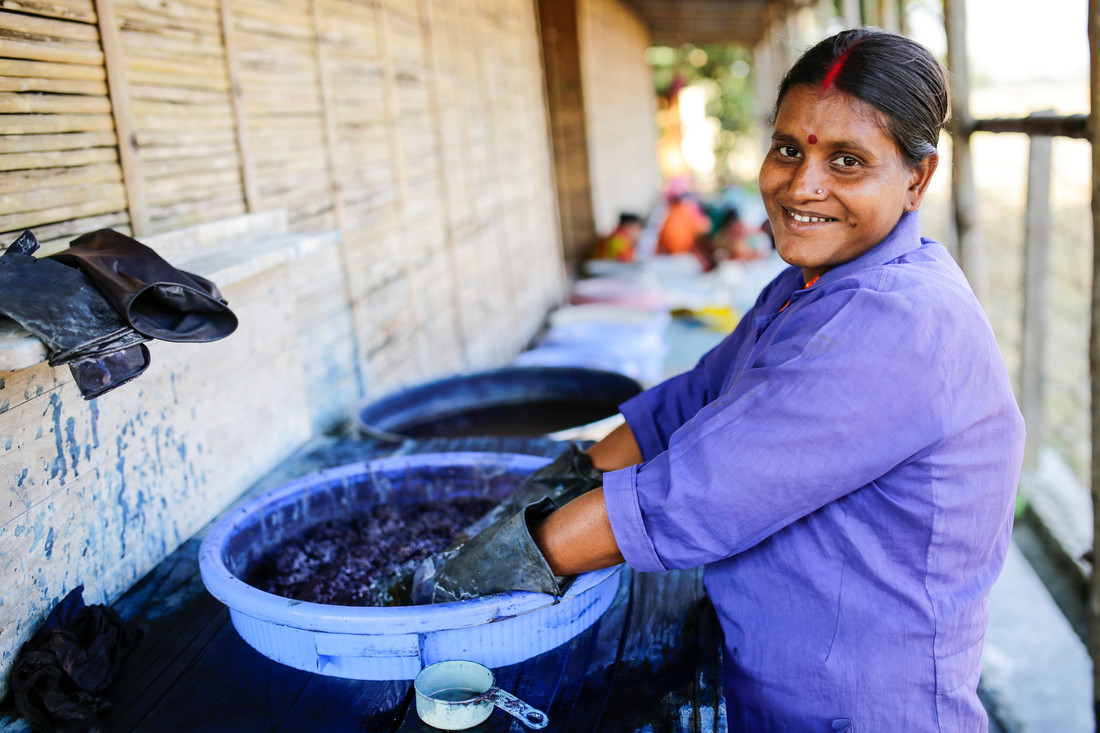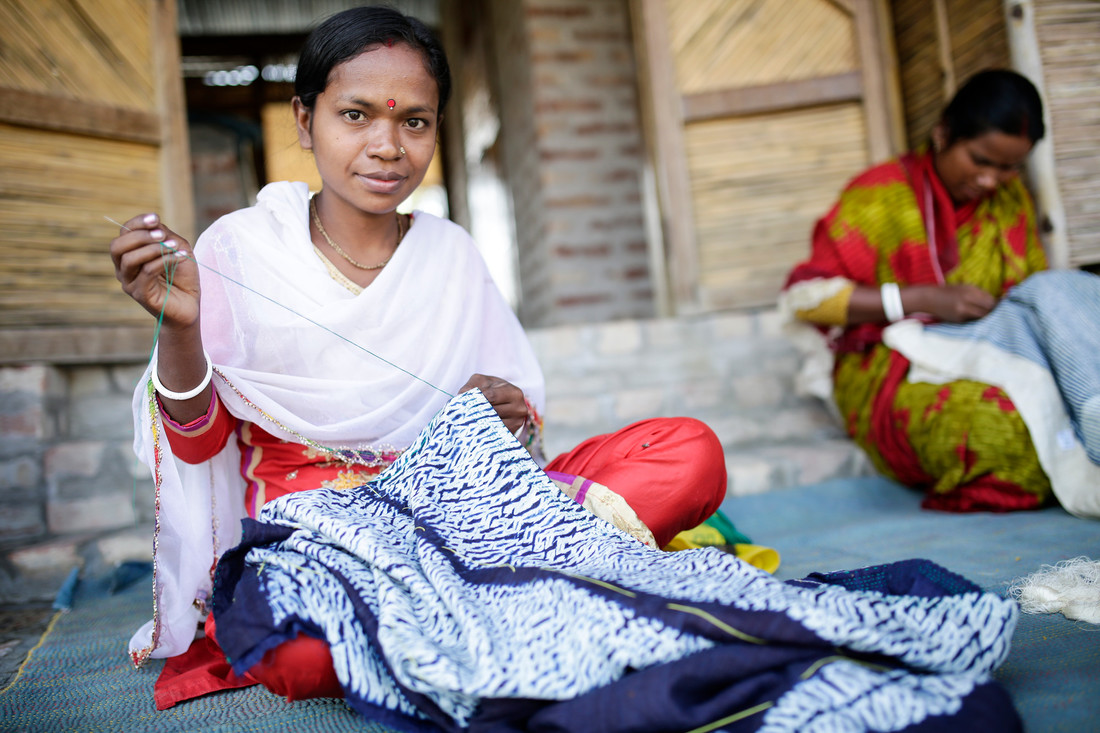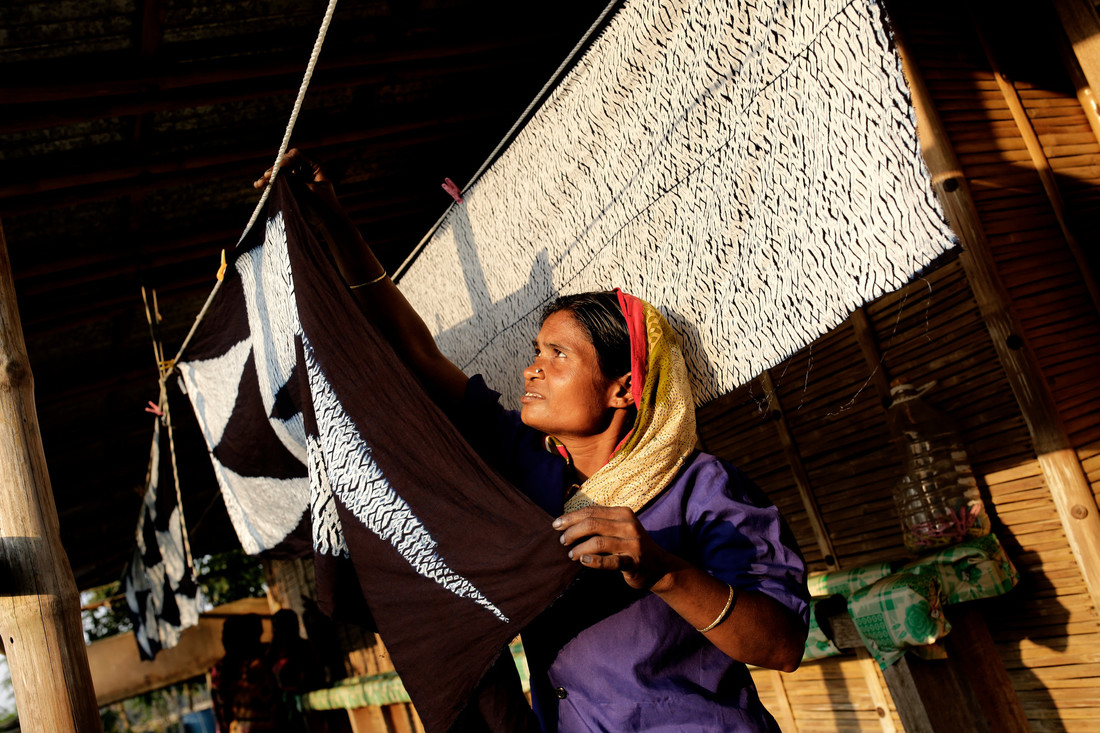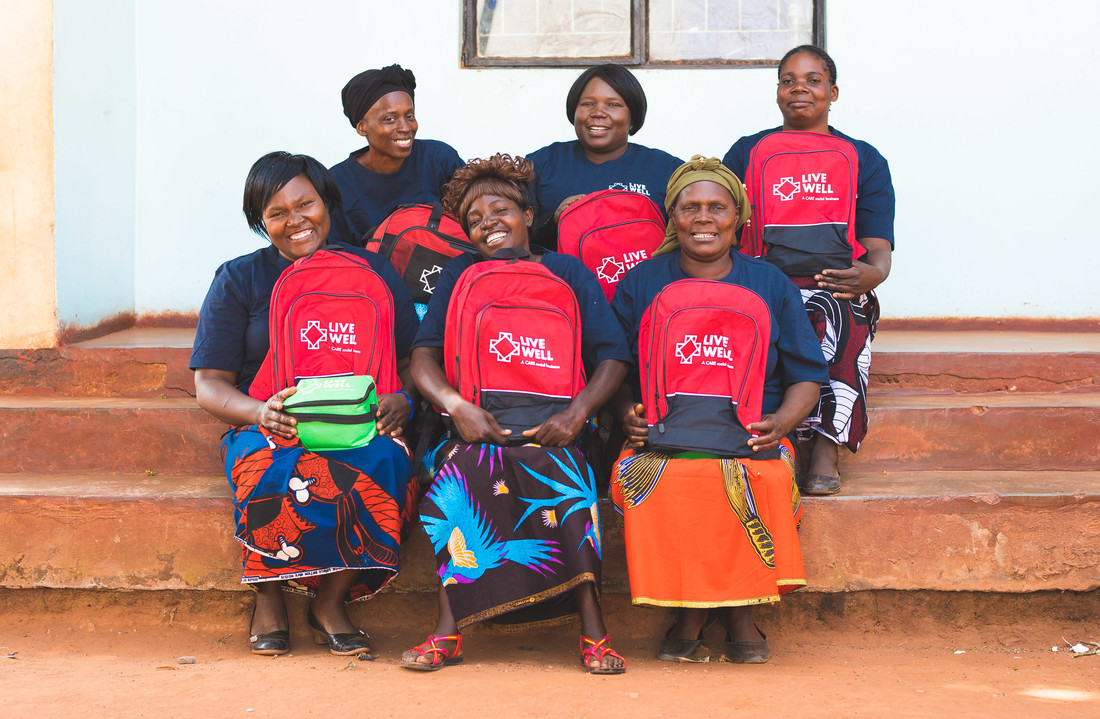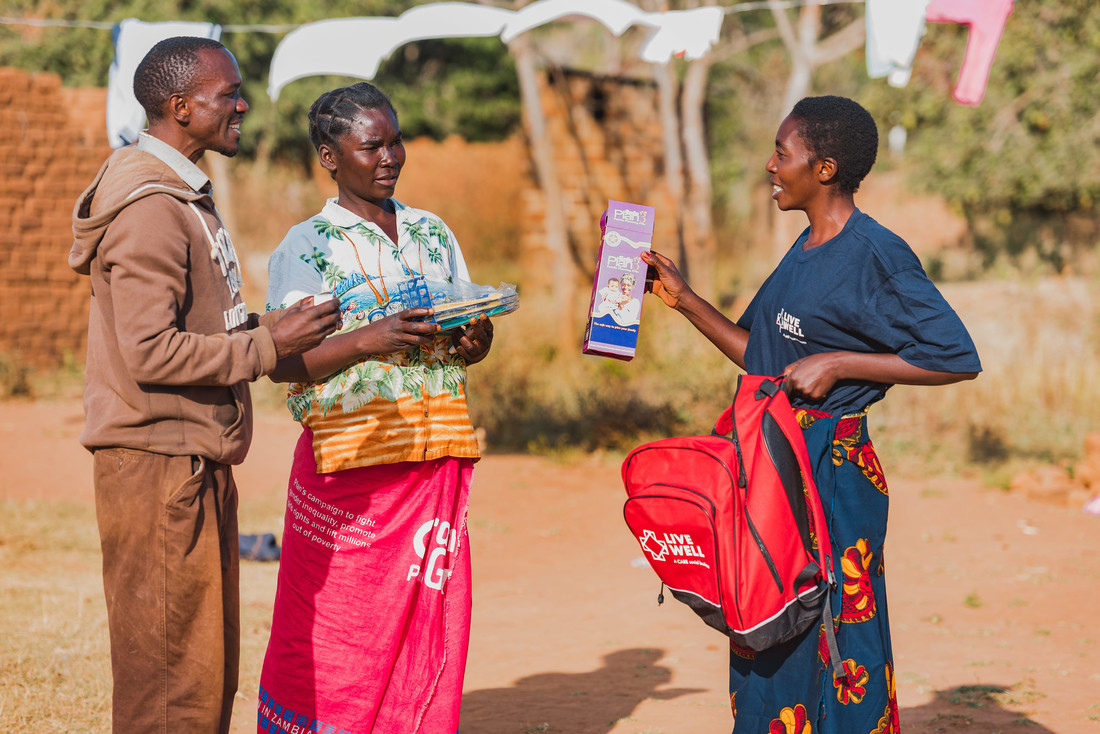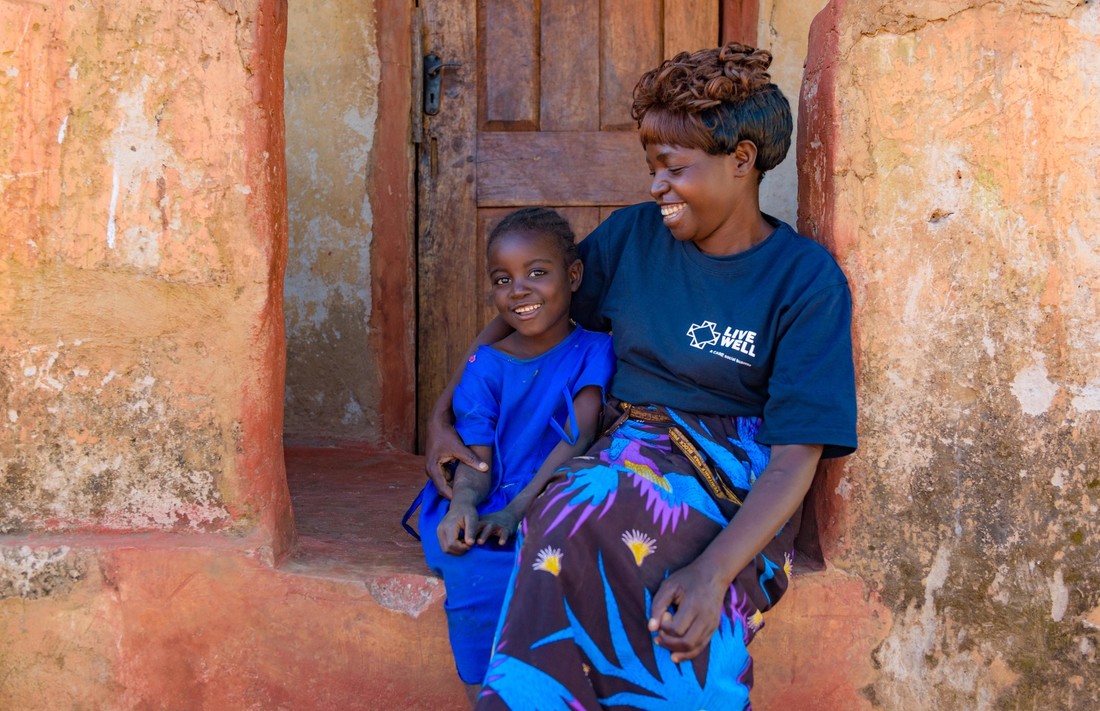CARE’s Community Score Card© (CSC) is a citizen-driven accountability approach for public services. The Community Score Card (CSC) is a user-driven accountability measure for the assessment, planning, monitoring and evaluation of service delivery. CSC exercises bring together service users and service providers to identify the underlying obstacles to effective service delivery, and then develop a shared action plan for their improvement by conducting due diligence on investment or project activities and providing feedback to enhance decision making.
It enables community members, health providers, and government officials to work together to identify and overcome health coverage quality and equity obstacles. The approach is simple, can be adapted for varied contexts, and can systematically pinpoint and address the specific challenges women face in health services. In the process it delivers changed more responsive services and greater accountability leading to better service outcomes.
CARE Malawi pioneered the CSC methodology in 2002, and since then, it has become an internationally recognized social accountability tool, spreading within CARE and beyond. CARE now has over a decade of experience implementing CSC across a range of sectors, including health, food security, water and sanitation, education, and governance, and in countries such as Cambodia, Rwanda, Tanzania, Malawi, Ethiopia, Nepal, and Egypt, providing over 500,000 community members a voice in local and national policies by bringing them together with government officials to improve services such as health care and education.


